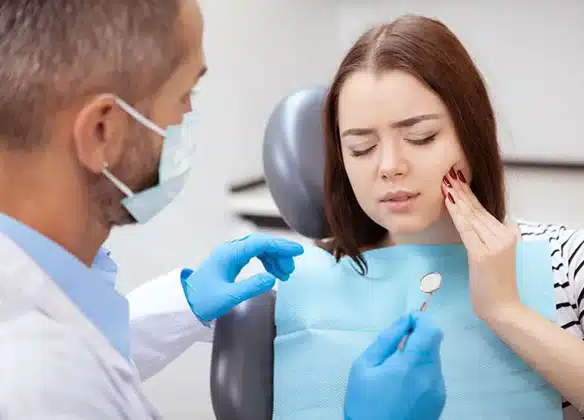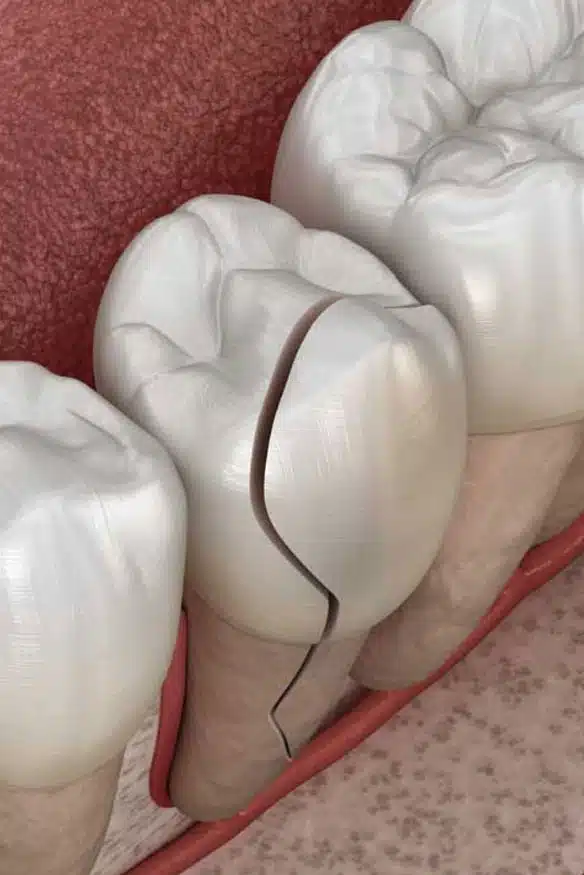Emergency and Urgent Care Treatment for Children and Adults
Call 623-848-0100 immediately.
New Patient Information

Tooth loss from trauma can often be saved
A tooth that has become dislodged or knocked out of the mouth can often be saved if you act quickly. The tooth must stay moist at all times. First, reposition the tooth back into the socket if possible. Keep a dislodged tooth in your mouth, next to your cheek. For children who may swallow a tooth, you can also use a plastic sandwich bag or glass to transport the tooth; cover the tooth with milk to keep it moist. Never use tap water.
It can take at least 7 to 12 days for a tooth to heal up enough before your dentist can determine if you need further treatment.
Can a Cracked Tooth be Saved?
Cracked teeth are a major cause of tooth loss. When the crack extends into the tooth's root, Endodontic therapy (root canal) can be required. Sometimes, the tooth cannot be saved and may require a dental implant or a dental bridge. Cracks in teeth can allow the dental pulp to become infected, which can spread to the bone and gum surrounding a problematic tooth and later cause more extensive problems.
Learn more about cracked tooth restorations and endodontic treatments.
Cracked teeth may be the result of:
Bruxism – The chronic grinding of your teeth while sleeping
Hard biting – Chewing on ice, pens / pencils, hard candies, etc.
Large Fillings – Teeth with large fillings may be more likely to crack
Tooth Misalignment – Some teeth do receive more stress during chewing
Trauma – A blow to the mouth or an accident

